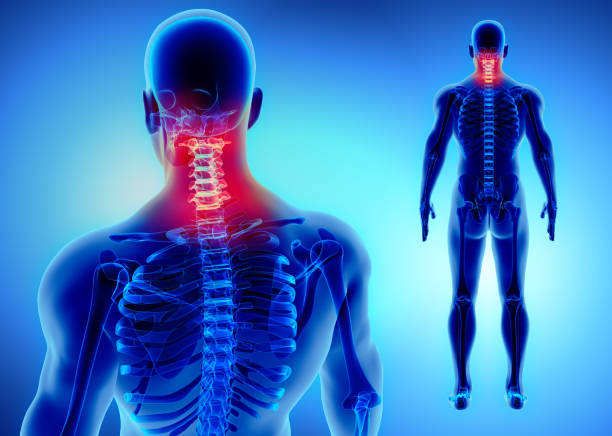
There are many ways to treat pain. This includes prescription medications as well as over-the-counter medications and non-pharmacological treatments. We'll explain the basics and provide a quick outline of the best methods to deal with Nerve Blocks and Injections. We'll also discuss the differences between these methods and the benefits they provide. For more information, go to our posts on the management of pain.
Treatment of pain with non-pharmacological techniques
There are many non-pharmacological ways to treat pain. These include massage, physical therapy , and acupuncture. People also seek relief from pain with exercises as well as relaxation techniques and the use of heat or cold. Although it may seem counterintuitive initially, certain symptoms can be relieved by the use of cold or heat to decrease pain and muscle spasms. The American Academy of Family Physicians published FP Essentials which lists non-pharmacological pain relief options.
Prescription medication
Non-steroidal anti-inflammatory drugs, NSAIDs, and other medicines are all commonly used prescription medications for chronic pain management. These medications are not only stronger than their over-the-counter cousins and are used to manage chronic pain. However, NSAIDs can also cause bleeding and bruising, as well as fluid retention, and damage to kidneys. Other types of prescription medicines for pain management comprise antidepressants and opioids, which serve as adjuvant analgesics that reduce the severity of pain.
OTC medicines
OTC medicines for pain management may be a viable option if you are experiencing moderate or mild pain. Acetaminophen and other NSAIDs can inhibit the production of prostaglandins, which can result in swelling and pain. Although these medications are effective but they could cause serious adverse effects. For instance, acetaminophen may cause stomach bleeding, and should only be used under an advice from a doctor.
Alternative treatments
Chronic pain is an illness that cannot be explained and which many people experience. While invasive surgical procedures and potentially addictive drugs are useful in managing pain however, they may not be the right fit for everyone. Alternative treatments may provide long-term benefits. While every person will experience various results, it could be worthwhile to try natural ways to treat chronic pain. Inherent and holistic therapies are particularly beneficial for people with a wide range of medical issues.
Keep track of your pain management treatment plan
Tracking your pain management treatment program is an excellent method to track your progress and identify patterns. Your diary should be kept at a constant time each day. Include details of the amount of pain you are experiencing and the underlying cause along with the kind of treatment you've been using. Your doctor can refer you to it for any questions. The goal is to find the best way to make your pain management plan work for you.
